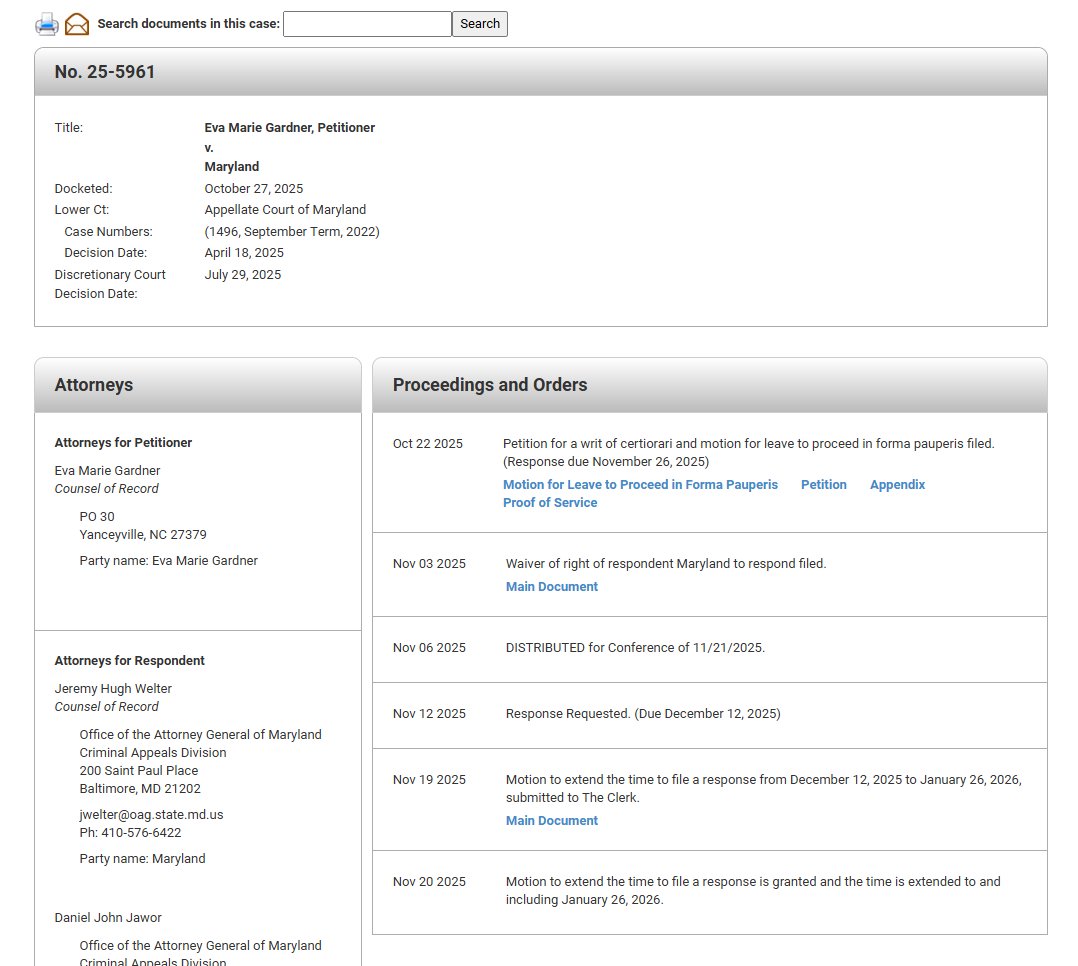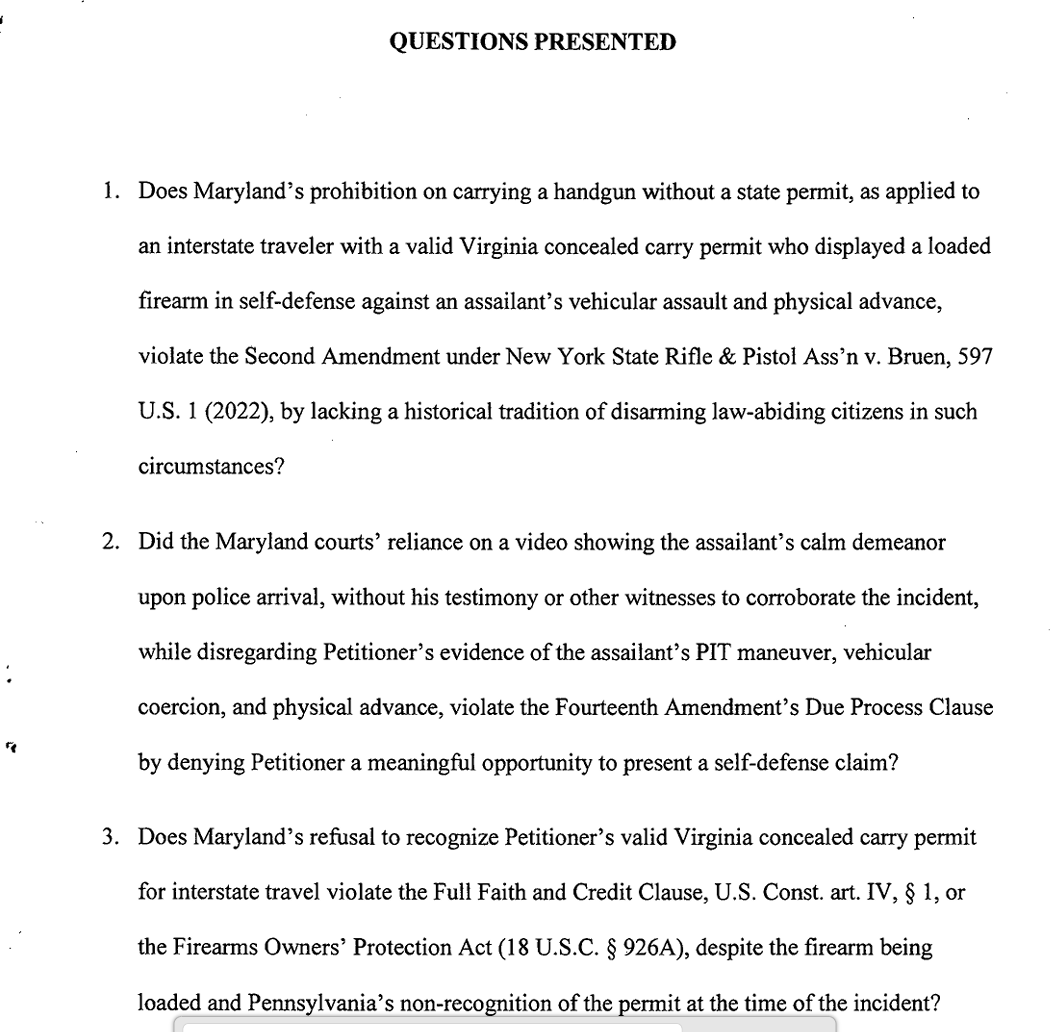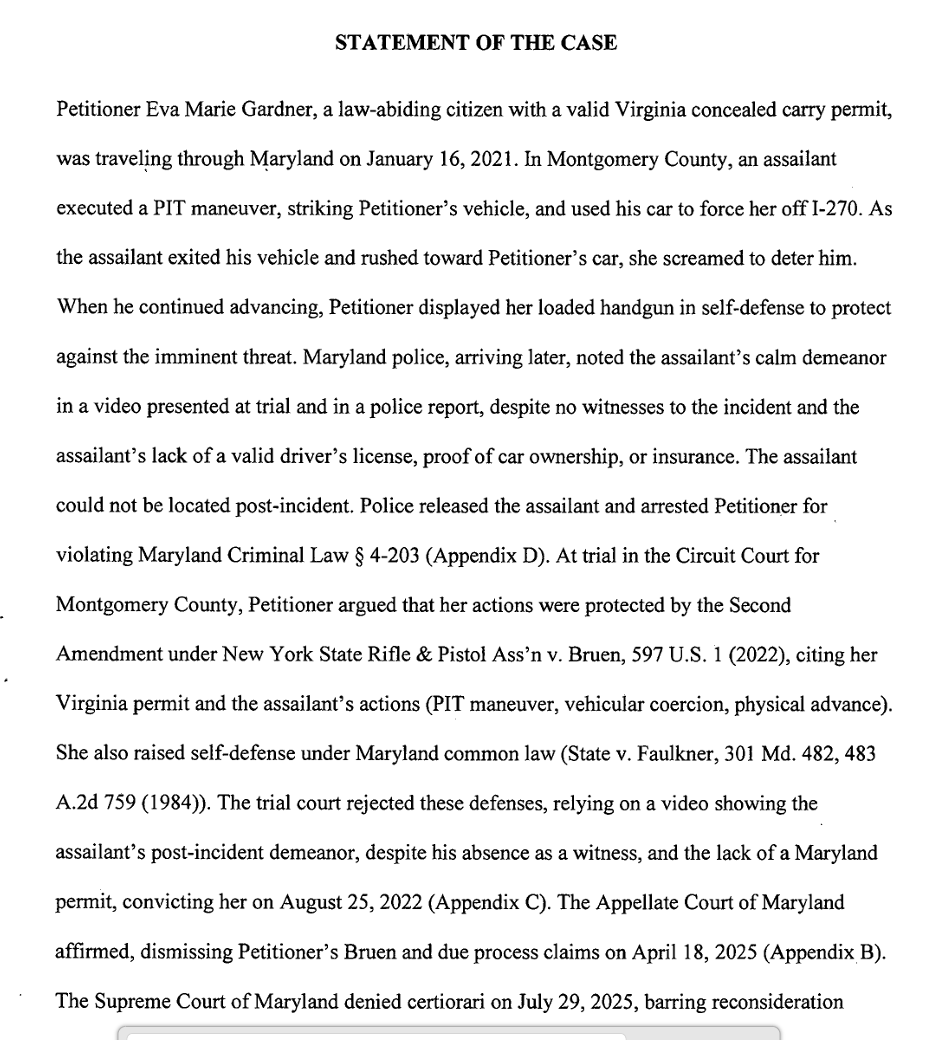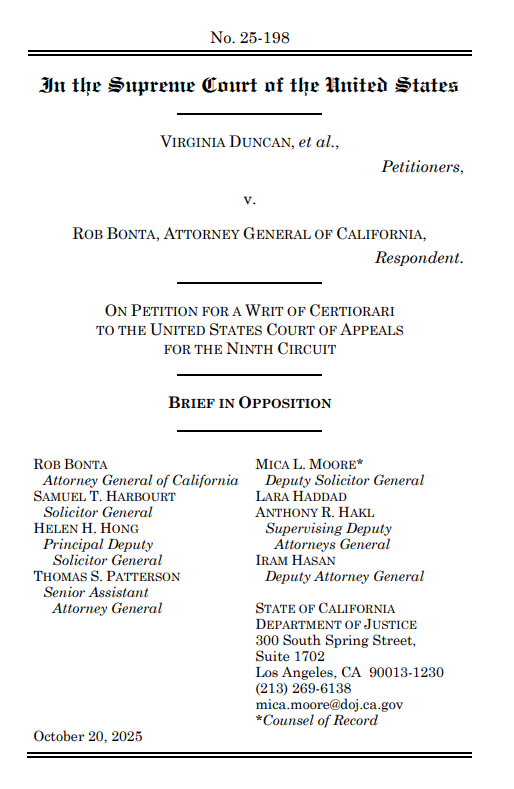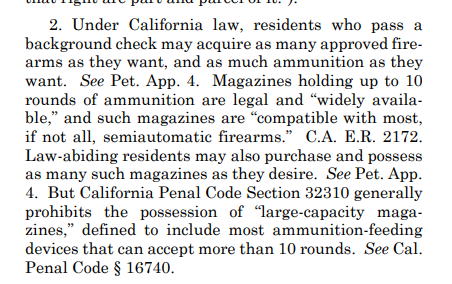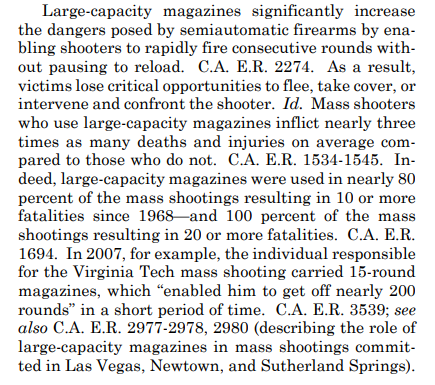A thread on international homicide rate comparisons before I head off to bed. We often hear that the US has a high homicide rate due to its recognition of the individual right to bear arms. I’m going to challenge that premise in a few different ways.
First, it’s important to note that the US has always had a higher homicide rate than European countries and Australia/NZ. And this has continued both before and after those countries enacted gun control. 

Take England, for example. Its first gun laws were enacted in around 1920, and it didn’t ban pistols, the type of firearm by far the most often used in homicides, until 1997. Yet its homicide rate was basically unchanged for a century. And always much lower than the US. 

(Sidenote: Northern Ireland still allows pistols, and its homicide rate is basically identical to England’s. So the rest of the UK didn’t really get anything for surrendering their rights other than getting to feel good temporarily.) 

Even today, several countries in Europe have gun laws that, while still strict, are much more friendly than you may think to private ownership. This includes very low homicide rate nations like the Czech Republic, Switzerland, and Austria. 

Ah, but many would then immediately counter that while some European countries may be somewhat gun friendly now or in the past, they just never had as many guns as the US does, and that’s why we have such high homicide!
But this too belies the fact that for whatever reason, the US is just more violent than Europe *regardless of guns*. See chart below. Yes, our gun-related homicides are high. But our non-gun homicides exceed the TOTAL homicide rates of most other countries listed. 

So if it’s the guns, how come even if all our guns magically vanished, we would still have a higher homicide rate than nearly all comparable countries, several of which still have some level of guns? It seems clear to me that a lot of our gun homicides would happen anyway.
Another beef I have is always comparing to Europe. Yes, I’m not saying we should compare ourselves to Yemen, we are a first world country and should hold ourselves to that standard. At the same time, comparing only to homogenous European countries is misleading.
In the Americas, the US is by far one of the safest countries, second only to Canada (and maybe Chile some years). This despite it being the country with by far the most pro-gun laws. Many of those dark red regions below effectively ban people from owning guns. It’s not working. 

According to the UN, there were 464,000 homicides in 2017. Per the FBI, we had 17,284 murders that year. So the US is 4.25% of the world’s population, but has only 3.7% of its murders. Bet the antigunners wouldn’t have guessed that for the most strapped country in the world!
Within the United States, there is no correlation between gun ownership rate and homicide rate on a state by state level. There isn’t even a correlation with *gun* homicide rate and ownership. 

Moreover, homicide in the US affects different groups very differently. White Americans own by far the most guns and have a homicide rate only a little higher than what we see in Europe. Black Americans suffer homicide rates that are as if they lived in Mexico. 

So no, I don’t think the US has a high homicide rate due to the second amendment. In fact, I think there is no data to support that given all of the above. Thanks for reading.
I feel I’ve been abusing Twitter in recent weeks given there has been a bit of a lull in my attorney work, and so I’m going to try to back off of it for a while lest I form a bad addiction haha. That said, I’ll still check in once or twice a day so leave your comments!
@GryphonWatcher Has pointed out that I at least overstated, if not unintentionally mislead, as to the number of pistols in Northern Ireland. While there is a significant amount in civilian hands given the small pop (14k as of 2009), they aren't exactly common. Apologies.
I stand by though that the UK had similarly low homicide rates both before and after its major gun control initiatives from 1900 to 2000.
Moreover, the other nations I mentioned (Switzerland, Austria, Czech Republic) are undeniably more gun-friendly with low homicide rates.
Moreover, the other nations I mentioned (Switzerland, Austria, Czech Republic) are undeniably more gun-friendly with low homicide rates.
Since I did one update, may as well do one more I noticed. My data re non-gun homocides is correct, but from 2010. Let's update. According to the CDC, there were 5192 homicides not involving a firearm in 2020.
That comes out to a non-gun homicide rate of 1.6 per 100k.
That comes out to a non-gun homicide rate of 1.6 per 100k.
The UK's total homicide rate that year was 1.17 per 100,000.
Czech Republic was 0.7 per 100,000.
France was 1.3 per 100,000.
ons.gov.uk/peoplepopulati…
google.com/amp/knoema.com…
google.com/amp/knoema.com…
Czech Republic was 0.7 per 100,000.
France was 1.3 per 100,000.
ons.gov.uk/peoplepopulati…
google.com/amp/knoema.com…
google.com/amp/knoema.com…
I could do more, but the point is that the US continues to be more violent than European nations even when you exclude guns and compare against their total homicide rates (including guns).
Citations here.
https://twitter.com/MorosKostas/status/1531198477698379779
• • •
Missing some Tweet in this thread? You can try to
force a refresh




